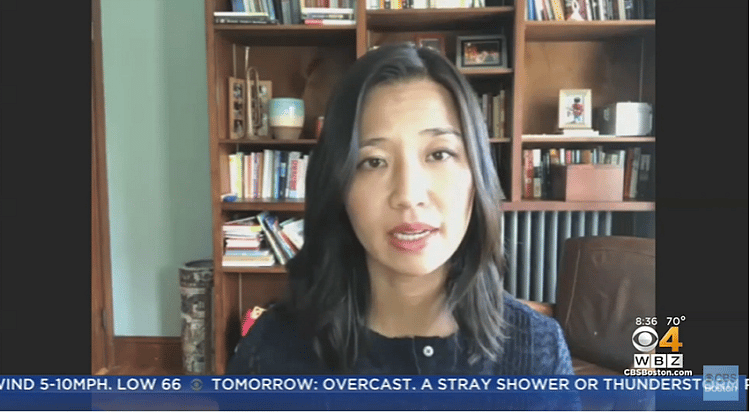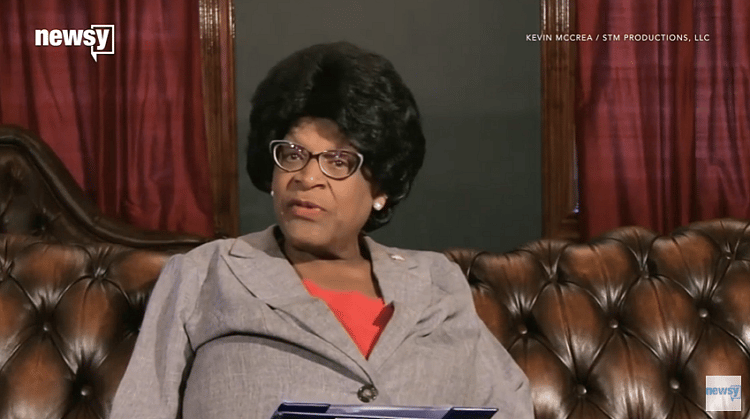News

Who Will Be The Next Mayor of Boston? Political Scientists Weigh In

The next mayor of Boston will likely be either Michelle Wu or Annissa Essaibi George.
But which one?

